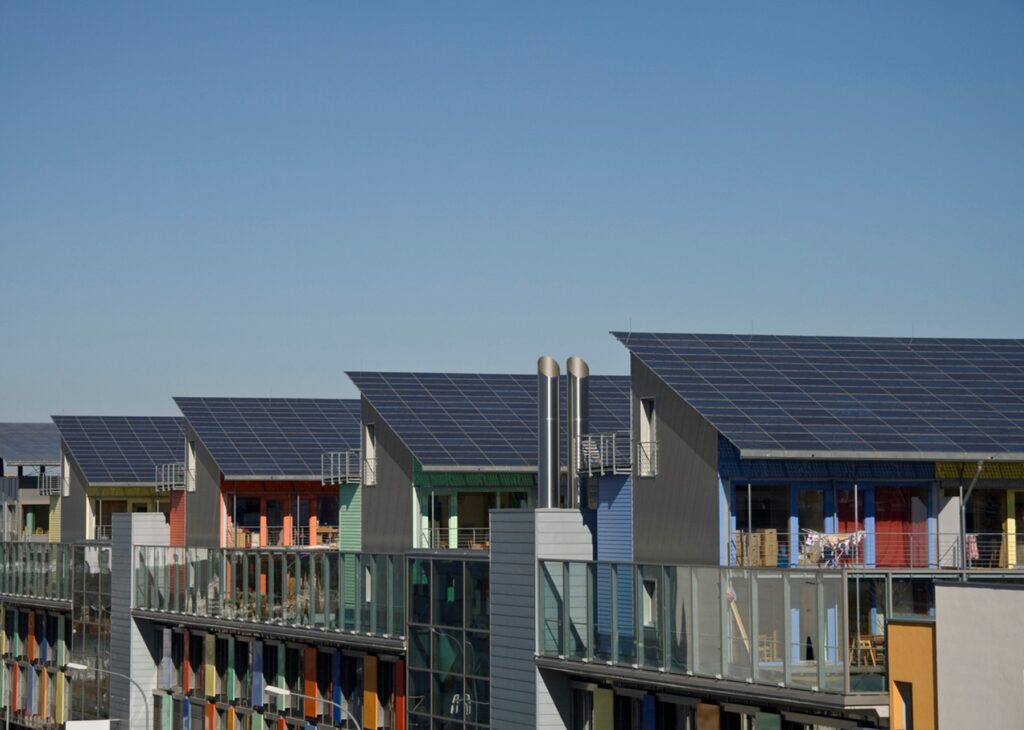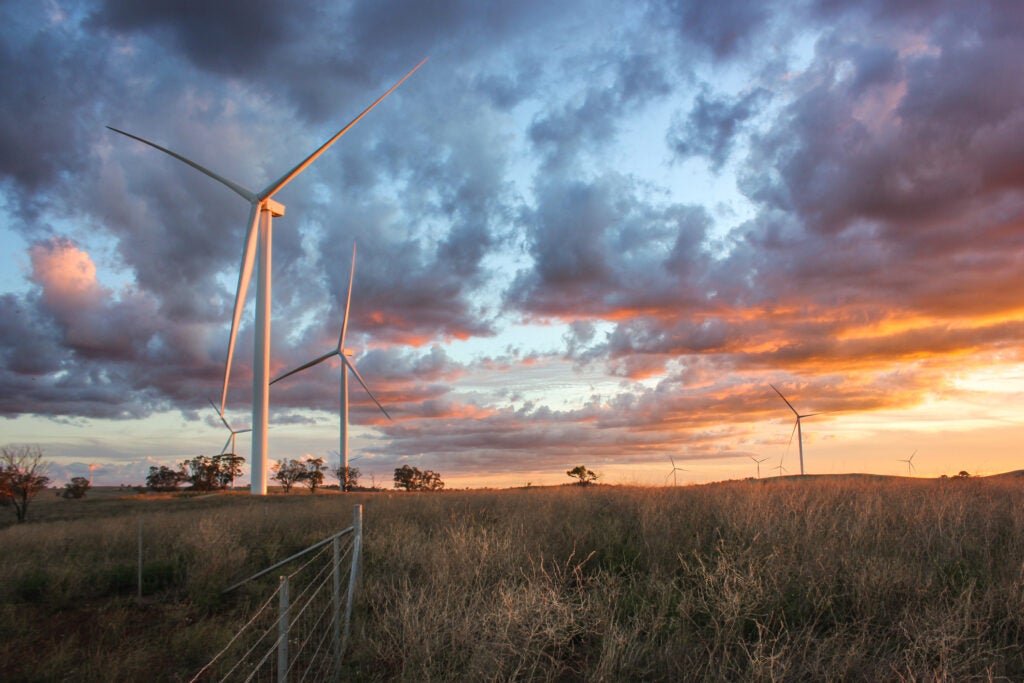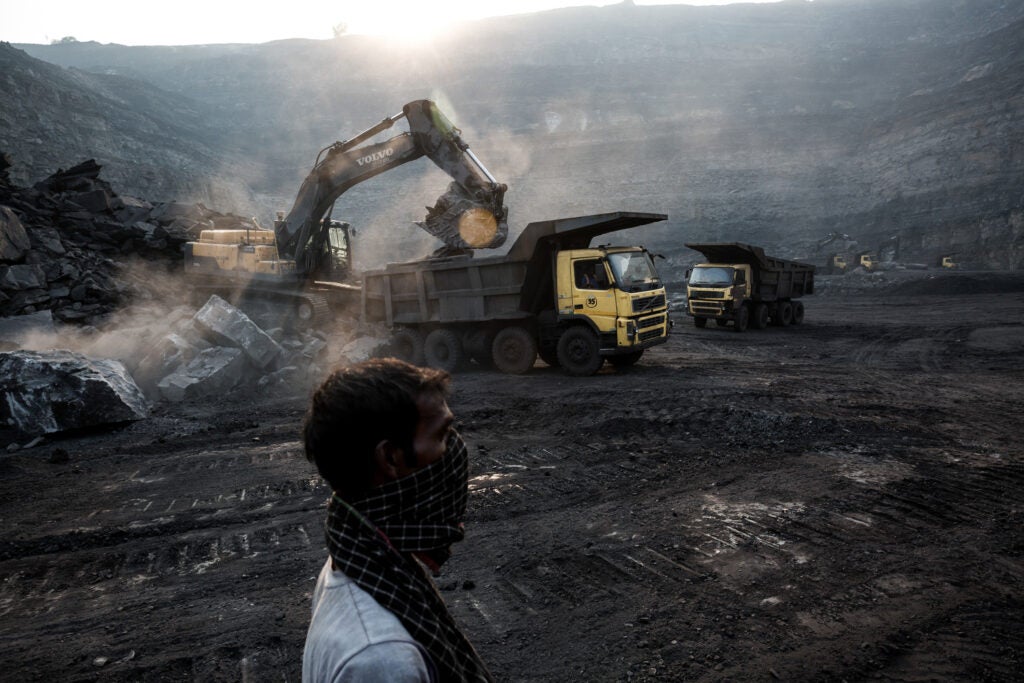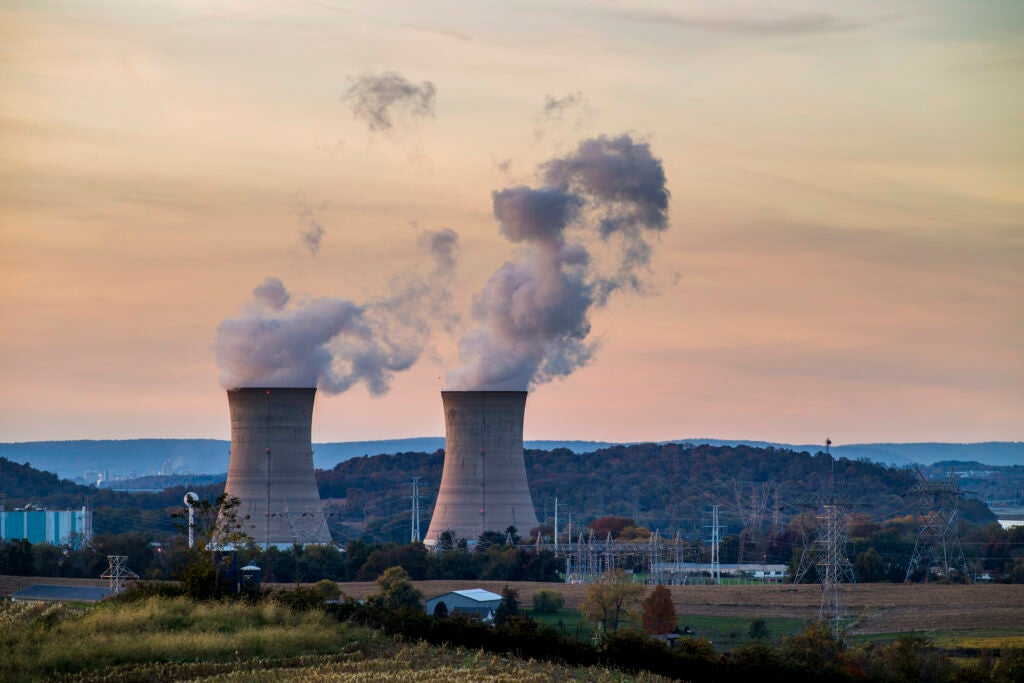
2023 Student Blog Series: Undergraduate Seminar Fellows
Explore insights on a variety of topics from our 2023 Undergraduate Seminar Fellows.
As a part of the Undergraduate Climate and Energy Policy Seminar, each student fellow writes a thoughtful insight piece on an energy or climate issue of their choice. This year’s insights tackled everything from research lab emissions to coal’s dominance in the developing world.
Powering Up the Next Blockchain Disruption with Web3
Andrea Yang
An emerging startup joins forces with a leading Vietnamese electricity provider—and in doing so, exemplifies how blockchain may come to revolutionize the energy industry.
Empowering Puerto Rico: A Proactive Approach to Addressing a Fragile Energy System
Bianca Montañez
Puerto Rico, with its already fragile energy system exacerbated by natural disasters, lack of funds, and political instability, needs proactive measures to strengthen its climate resilience. Implementing rooftop solar energy and battery storage systems can address these challenges, providing reliable, cost-effective energy, mitigating social injustices, and increasing resilience to climate disasters.
How the World’s Largest Green Bond is Making Waves in Emerging Markets
Bronwyn Patterson
The Amundi Planet Emerging Green One (AP EGO) fund aims to address the lack of tools for financing green growth initiatives in emerging markets. With a successful fund closure and a focus on selective emerging markets projects, the AP EGO fund plays a crucial role in stimulating green bond issuances, diversifying investor portfolios, and deepening the economic stability of developing nations.
Renewable Energy Credits: Decarbonizing the Grid or Just a Corporate Messaging Tool?
Enzo Bergamo
Renewable energy certificates (RECs) are commonly used by companies to claim that 100% of their energy comes from renewable sources, but are these certificates worth their weight?
Finally, NJ’s Groundbreaking Environmental Justice Law is Enforceable
Julia Pampush
After two and a half years, New Jersey has finally enforced a landmark environmental justice law that requires regulators to consider the environmental and public health impacts on overburdened communities when evaluating permit applications.
Unmasking Dark Money: How Fossil Fuel Interests Can Undermine Clean Energy Progress
Lotus Kaufman
The fossil fuel industry uses anonymous “dark money” contributions to fund misinformation about clean energy and promote nonrenewable resources, influencing legislation and elections and undermining a renewable energy transition.
Distributed Energy Resources: How Utilities Have Stared Death in the Face and Emerged Victorious
James Tonrey
By integrating distributed energy resources effectively, electric utilities in the U.S. are thriving, despite earlier predictions of a decline due to the energy transition.
King Coal
Dhruva Nistane
Despite the well-documented drawbacks of coal as a dirty and toxic energy source, global coal consumption reached a new record in 2022 and is expected to remain high until 2025. This surge highlights the reluctance of some countries to prioritize environmental and climate concerns over energy security and standard of living.
Is a Carbon-Free World by 2050 a Guarantee or a Pipe Dream? An Analysis
Derek He
Despite recent legislation, there is still considerable uncertainty around achieving net-zero emissions by 2050. Our best chance for reaching this goal is to support a plethora of climate technologies at various stages of maturity, including early adoption, demonstration, and prototype technologies. The barriers to adoption include cost and commercial risk, making government support a key factor in lowering costs and de-risking technologies.
Can Nuclear Power and Coal Plant Communities Bail Each Other Out?
Joshua Chertok
The closure of coal plants in the United States has led to economic hardships for surrounding communities, resulting in job losses and reduced tax revenues. Repurposing these coal plants for nuclear power generation could offer a solution. Research shows that much of the infrastructure of retired and operating coal power plants can be reused for nuclear power, saving costs and creating new jobs.
Rethinking Research Laboratories
Linda Lin
Despite their small physical footprint, research laboratories are the primary source of carbon emissions in academic institutions. With universities and research facilities aiming to eliminate carbon emissions, there is a pressing need to revolutionize lab facilities to reduce emissions.











